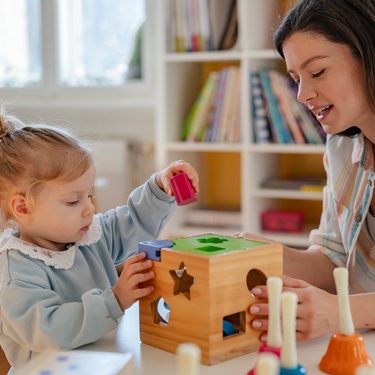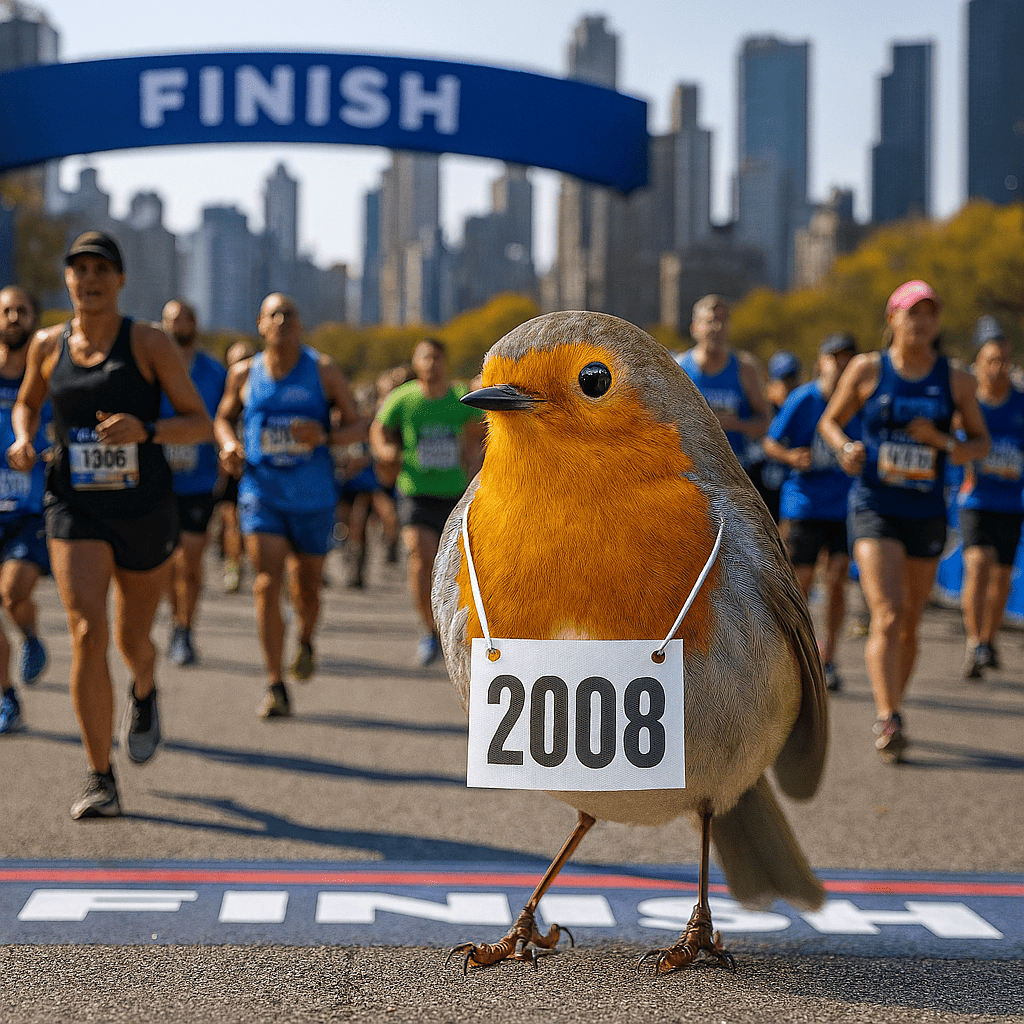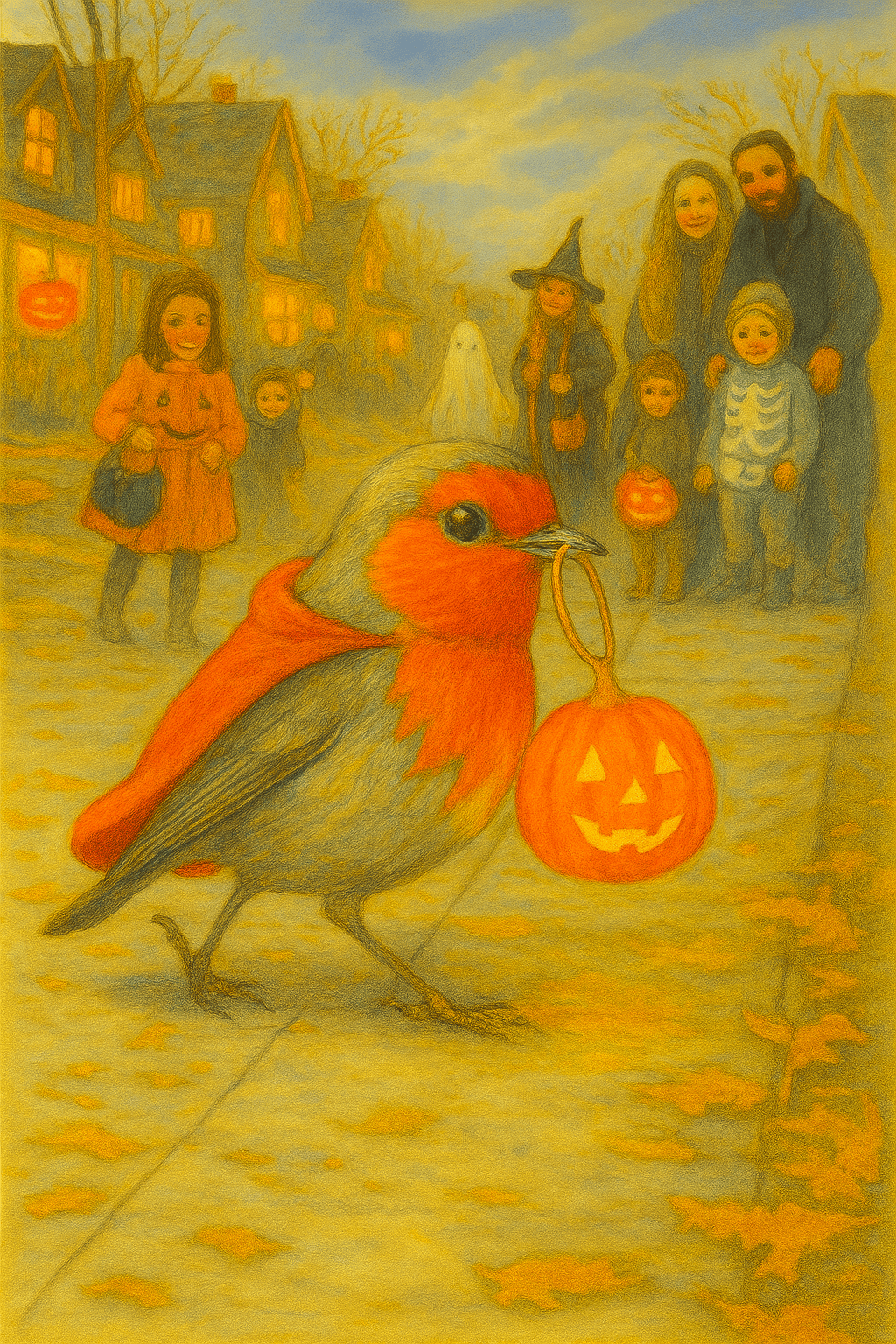
Supporting your child with autism in developing their motor skills can feel challenging at times, but it becomes manageable with the right strategies. Fine and gross motor skills play a crucial role in everyday tasks and independence, so actively working on them can greatly benefit your child. This guide offers simple, practical tips for helping your child with autism work on their motor skills.
Make It Playful
Using play as a way to develop motor skills helps your child stay motivated and engaged. Activities like drawing, building blocks, or playing with dough encourage fine motor skill development. Gross motor skills benefit from jumping, catching a ball, or navigating small obstacle courses. A playful approach allows your child to practice movements and coordination while having fun, creating a positive association with learning.
Incorporate Sensory Activities
Sensory-based activities offer a double advantage by engaging your child’s senses while promoting motor development. Simple tasks like squeezing a stress ball, pouring water, or sorting items of different textures help strengthen grip, coordination, and sensory processing. These activities can also create a calming and enjoyable environment, making it easier for your child to stay focused and involved.
Break Down Tasks
Big tasks can feel overwhelming for any child, so breaking them into smaller steps makes them more achievable. Teaching your child with autism to dress themselves is a good example. Teach one part of the task at a time, such as putting on socks before moving on to shoes. When you take this gradual approach, your child can build confidence while mastering each step. This method sets a foundation for success without unnecessary frustration.
Use Visual Aids
Visual aids work wonders when it comes to teaching important skills and guiding your child through tasks. Create picture charts or step-by-step visuals that show the process of completing a motor activity. Seeing visual instructions for actions like brushing hair, buttoning a shirt, or stacking blocks helps your child understand what comes next and allows them to work toward independence.
Celebrate Small Wins
When your child achieves progress, no matter how small, recognizing their effort makes a big difference. Praising their success motivates them to keep trying and reminds them of what they can accomplish. Whether it’s placing building blocks accurately or completing part of a task like tying their shoes, consistent encouragement builds confidence and resilience.
Every child learns at their own pace, so remember that the process takes time. Stay patient and celebrate the progress along the way. Your support means everything as they strengthen their motor skills and achieve milestones. Start applying these strategies today, and watch your child with autism work on their motor skills. It will grow their independence.
Bio: Casey is a passionate copyeditor highly motivated to provide compelling SEO content in the digital marketing space. Her expertise includes a vast range of industries from highly technical, consumer, and lifestyle-based, with an emphasis on attention to detail and readability.

























